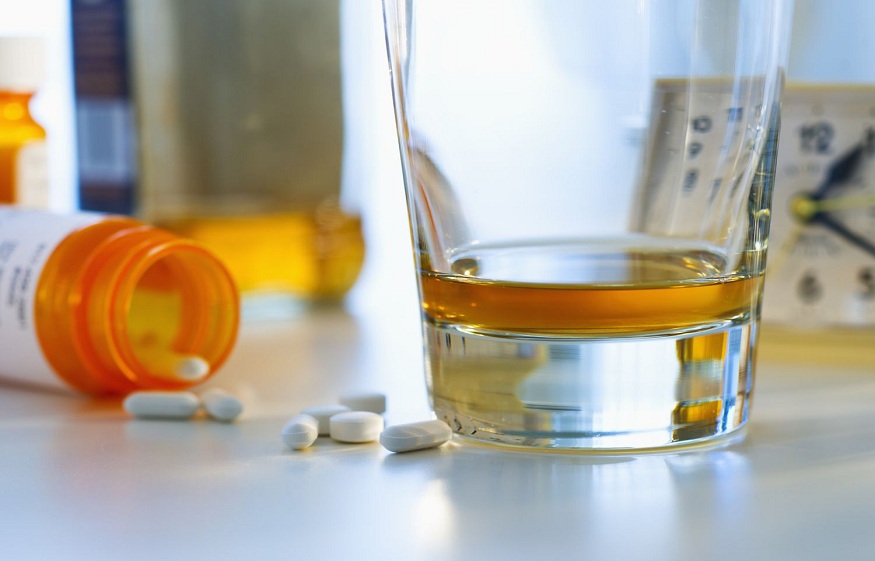
Consuming too much of a narcotic, regardless of whether it’s prescribed, over-the-counter, legal, or illegal, is known as a drug overdose. Overdosing on drugs can happen accidentally or on purpose. You have overdosed if you have consumed a drug in amounts that are either excessive or harm your body’s natural processes.
Death is one of the serious medical consequences of an overdo Treatment for an Overdosese. The drug, the dosage, and the victim’s physical and medical history determine a drug overdose’s severity. You are in danger of a drug overdose if you intentionally misuse prescription medications or use illegal drugs, especially if you do so frequently or if you develop an addiction. If you use several medications, combine different substances, or use alcohol while using them, this danger rises.
Detox to Rehab’s goal is to establish a network of allies who are ready to face any obstacle and offer assistance when needed. Hence, if you wish to treat overdose symptoms, get in touch with them right away.
What are the Warning Signs of Overdose?
- Lack of movement
- They are not breathing or are breathing very slowly.
- They are grunting, snoring, coughing, or choking
- Their skin is sweaty or cold.
- Dizziness
- Their fingernails or lips turn gray, bluish, or pale.
- Tiny pupils.
Treatment for Overdose:
– If you believe someone is overdosing, dial 911 immediately.
– Start performing CPR if the victim is unable to breathe or is breathing severely weak until the help arrives. Family members or other caregivers can treat a person who is experiencing a drug overdose using a prescription medication that has been approved by the FDA.
– Although the person may not have any symptoms, call Poison Control. The professionals at Poison Control will give you direction. Never attempt to induce vomiting or offer the patient anything to drink or eat.
– Provide any medications the person has consumed to the emergency unit.
Quitting drugs is the best course of action if you want to avoid a drug overdose. Be aware that some drug use has a higher danger than others. Speak with your doctor if you believe that you are unable to stop. Many programs are available to assist you.

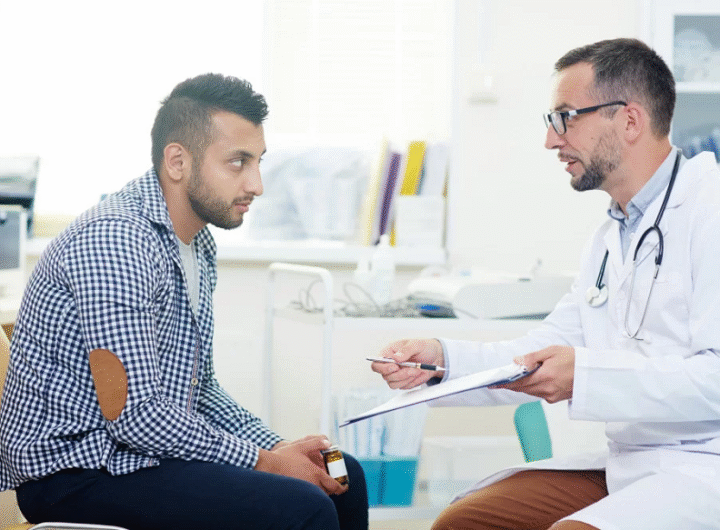 Tennessee Men’s Clinic Discusses the Correlation of Healthy Relationships to Men’s Health
Tennessee Men’s Clinic Discusses the Correlation of Healthy Relationships to Men’s Health 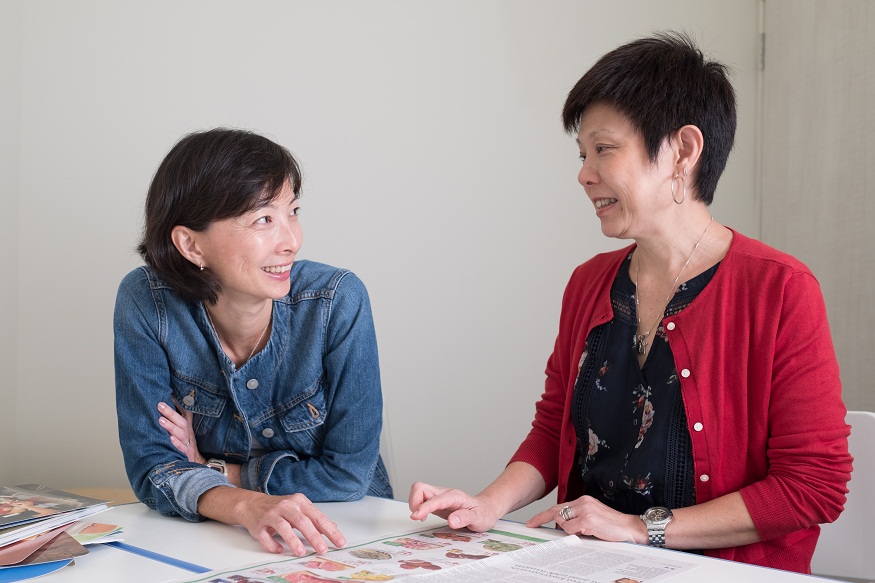 Frequently Asked Questions About Speech Therapy Answered
Frequently Asked Questions About Speech Therapy Answered  The importance of choosing a good gynaecologist doctor for your health
The importance of choosing a good gynaecologist doctor for your health 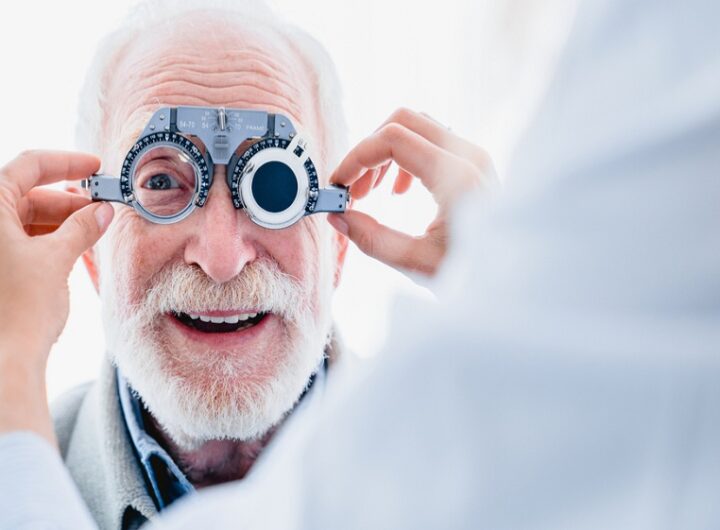 Ophthalmologists’ Strategies For Managing Chronic Eye Diseases
Ophthalmologists’ Strategies For Managing Chronic Eye Diseases 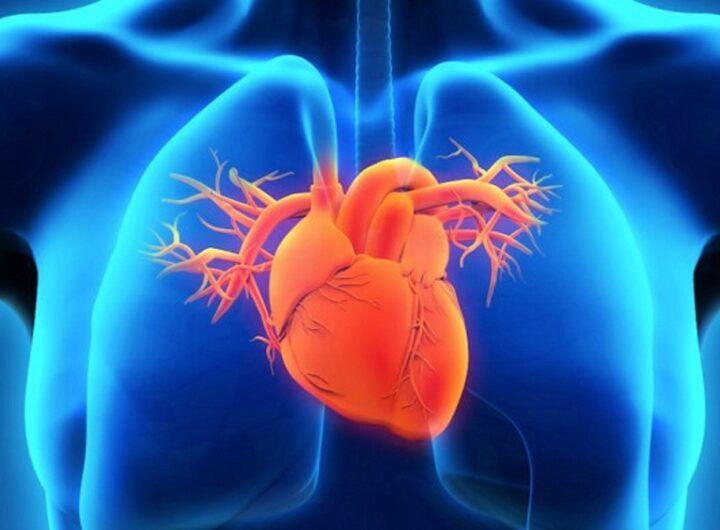 The Role Of Cardiologists In Managing Chronic Heart Failure
The Role Of Cardiologists In Managing Chronic Heart Failure 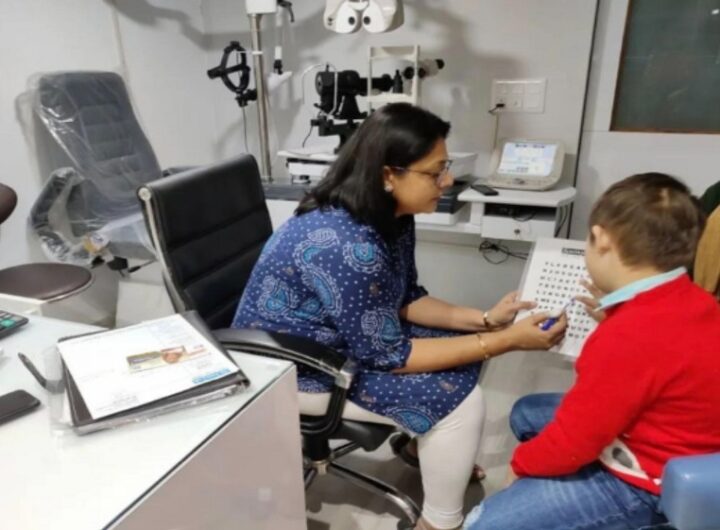 Breaking Down Barriers: An Infertility Specialist’s Approach To Inclusive Treatment
Breaking Down Barriers: An Infertility Specialist’s Approach To Inclusive Treatment  Trek Nepal’s Four Great Regions: Annapurna, Langtang, Manaslu, and Nar Phu:
Trek Nepal’s Four Great Regions: Annapurna, Langtang, Manaslu, and Nar Phu:  The Ecosystem of Ease: How Bill Payments Evolved into a Digital Habit
The Ecosystem of Ease: How Bill Payments Evolved into a Digital Habit  How Insurance Apps Are Embedding Themselves Into India’s Daily Payment Flows
How Insurance Apps Are Embedding Themselves Into India’s Daily Payment Flows  A Guide to the Best Things to Do Near Villa Firenze Costa Rica
A Guide to the Best Things to Do Near Villa Firenze Costa Rica